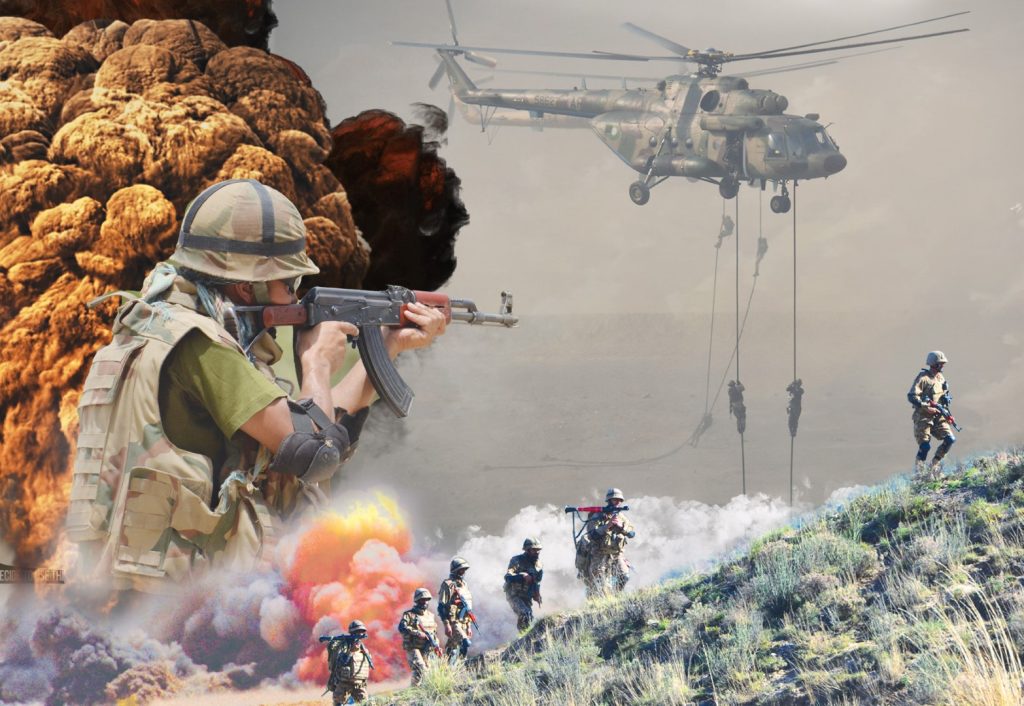Pakistan, since its inception in 1947, has endured immense challenges, from full-scale wars with India to combating the global menace of terrorism. Despite these challenges, the country has consistently played a pivotal role in promoting peace and stability, not just within its borders but in the broader South Asian region.
Pakistan’s Role in Supporting Afghanistan
The Soviet invasion of Afghanistan in 1979 marked a turning point for the region. Pakistan stepped forward as a pillar of support for Afghanistan, offering unprecedented assistance. Over 3 million Afghan refugees crossed into Pakistan during this period, making it one of the largest refugee-hosting nations in the world. Unlike many other countries that confine refugees to camps, Pakistan allowed Afghans to integrate into society, granting them freedom to engage in businesses and live alongside locals.
This policy of inclusion starkly contrasts with the restrictive measures employed by other nations. For instance:
- Pakistan hosted 3.3 million refugees by 1990, according to the UNHCR.
- In contrast, many European nations capped refugee intake during the Syrian crisis at tens of thousands.
The burden of hosting refugees strained Pakistan’s resources, but the country bore it with resilience, demonstrating unparalleled solidarity with its Afghan brothers.
The War on Terror: Pakistan’s Sacrifices
Post-9/11, the U.S.-led War on Terror escalated in Afghanistan. Pakistan once again stood with the global community to combat terrorism, becoming a front-line state in this prolonged conflict. However, the repercussions for Pakistan have been devastating:
- Over 80,000 Pakistanis lost their lives due to terrorism and military operations, including civilians and security personnel.
- The economic cost of this war has exceeded $150 billion, as estimated by the Ministry of Finance.
- Pakistan’s infrastructure, particularly in tribal regions, suffered extensive damage, requiring billions for reconstruction.
Despite these sacrifices, the international narrative often paints Pakistan as a problem rather than an ally. The baseless accusations fail to acknowledge Pakistan’s proactive role in eliminating terrorist sanctuaries and fostering stability in the region.
Kashmir: Pakistan’s Fight for Justice
While battling terrorism, Pakistan has also remained a vocal advocate for the rights of the oppressed Kashmiri people. India’s occupation of Jammu and Kashmir has led to gross human rights violations:
- Over 96,000 Kashmiris have been killed since 1989, according to the Kashmir Media Service.
- Arbitrary detentions and enforced disappearances have affected thousands of families.
- The region has faced prolonged lockdowns, such as the one imposed after the abrogation of Article 370 in 2019.
Pakistan has consistently raised these issues at international forums, including the United Nations, demanding the implementation of UN resolutions for a plebiscite in Kashmir. However, India’s refusal to engage in meaningful dialogue has stalled progress, leaving millions of Kashmiris in limbo.
Unfair Blame: The Cost of Being a Regional Leader
Despite its sacrifices, Pakistan is often scapegoated for regional instability. Accusations of harboring terrorism overlook the fact that Pakistan itself has been the largest victim of terrorism. Furthermore, its economic challenges are directly tied to its role in global conflicts:
- According to the Pakistan Economic Survey 2023, the country’s GDP growth has been stunted due to sustained military operations and insecurity.
- Foreign investments have declined over the years, with FDI dropping by 37% in 2020 alone.
This blame game not only undermines Pakistan’s efforts but also ignores its contributions to regional peace.
Acknowledging Pakistan’s Role
Pakistan’s contributions to global peace and regional stability deserve recognition. From hosting millions of refugees to fighting terrorism and advocating for oppressed communities, Pakistan has consistently upheld the principles of justice and humanity. Yet, it remains unacknowledged and often unfairly criticized.
The global community must adopt a balanced perspective, appreciating Pakistan’s sacrifices while supporting its journey toward economic recovery and stability. Only through mutual respect and cooperation can the region hope for a peaceful and prosperous future.


